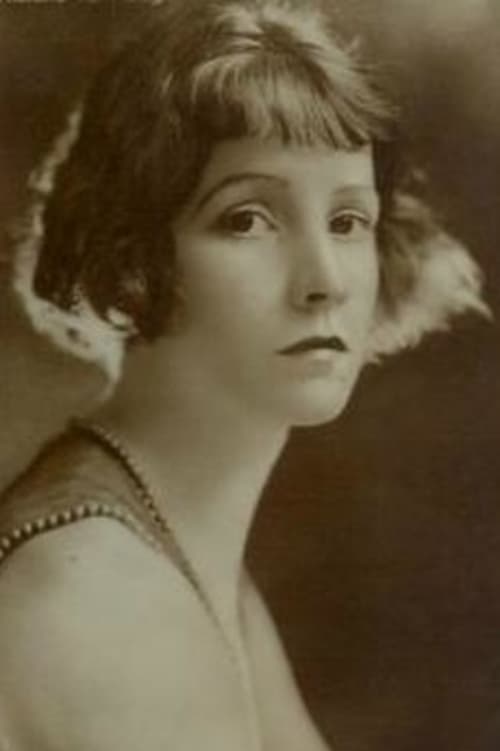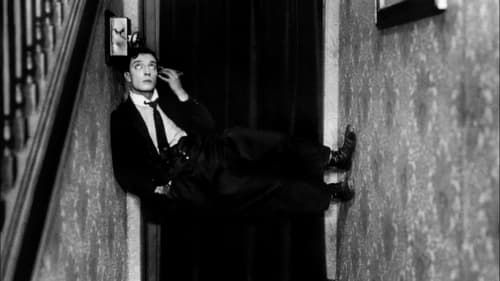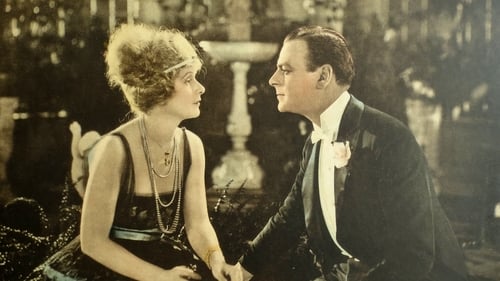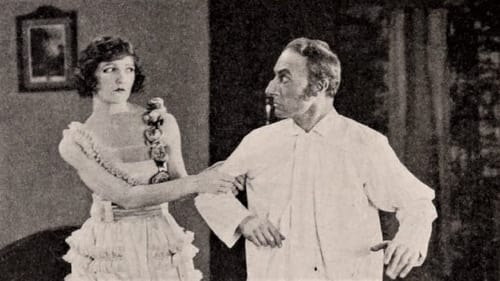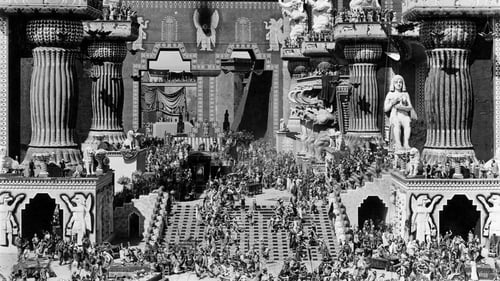Natalie Talmadge
Nascimento : 1896-04-29, Brooklyn, New York City, New York, USA
Morte : 1969-06-19
História
Natalie Talmadge was the middle daughter of the original "stage mother", Margaret Talmadge (Peg). Her two sisters, Constance Talmadge (the comedienne) and Norma Talmadge (the tragedian) were also in the movies, and had their own production companies, bankrolled by Norma's husband in the 1920s, Joseph M. Schenck. Natalie married Buster Keaton in 1921. She only played one further role, "Virginia Canfield" in Keaton's Our Hospitality (1923). She had worked for Comique as a script girl/secretary for Roscoe 'Fatty' Arbuckle in 1917, and traveled west with the troupe when Schenck found new premises for "Roscoe" in California. She spent a lot of time signing autographs on behalf of her popular sister, Constance. Anita Loos, author of "Gentlemen Prefer Blondes", wrote a book called "The Talmadge Girls", which is mainly about Constance and Norma; Loos based the philosophy of "Lorelei Lee" on the philosophy of Peg Talmadge ("Get the money, and then get comfortable"). Natalie ended her days after her divorce from Keaton in a house in Santa Monica, a confirmed alcoholic. Apart from "Our Hospitality", she appeared in supporting roles in several of her sister Norma's films (now believed to be lost).
